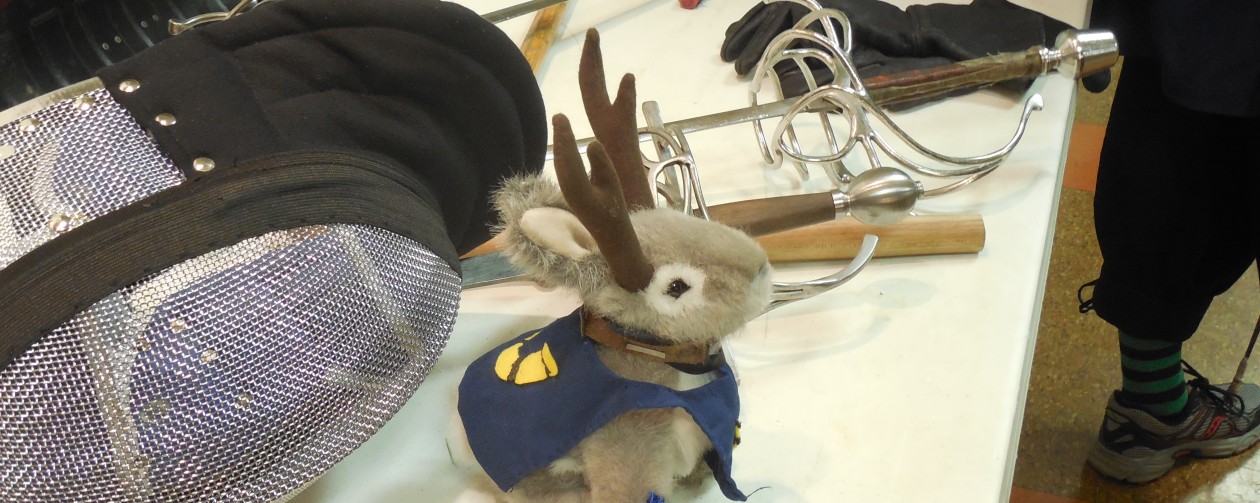I am using the daily Bible reading schedule from “The Bible.net” for my daily Bible reading.
Today, I am reading and commenting on 2 Samuel 12-13.
When Nathan confronted David over his sin with Bathsheba and what he did to Uriah, David does not recognize himself in Nathan’s story. We are all too often like that. We recognize the severity of other’s sins but do not connect the dots to our own. Nathan informs David that his sin with Bathsheba will result in strife within his own family. Then, after the story of the death of the child born to Bathsheba out of this affair, the writer tells us the story of Amnon and Tamar and Absalom’s revenge on Amnon. David’s failure to punish Amnon for raping his half-sister led directly to Absalom killing him. It speaks poorly of David that he punished neither of his sons for their misdeeds while failing to come to his daughter’s defense. Certainly David’s sin with Bathsheba contributed to Amnon thinking that he could get away with raping Tamar. So, David’s sin with Bathsheba led to Amnon raping Tamar, which led to Absalom killing Amnon, which led to Absalom;s revolt against David.
I want to point out something which struck me in reading this. I have seen many writers condemn Jonadab for advising Amnon on how to rape Tamar. I am not going to exonerate him. However, it appears to me that Jonadab genuinely believed that Amnon wanted to have Tamar as his wife. Jonadab was close enough to Amnon to badger him for feeling down and to give him advice on how to resolve his unrequited love. However, he knew that Absalom was planning to kill Amnon long before the plan reached fruition and failed to warn Amnon against the plot. This failure suggests that Jonadab did not approve of Amnon’s actions. There are aspects to this story which suggest that Tamar may have been more than willing to become Amnon’s wife, which might explain Jonadab’s advice to Amnon. Jonadab may have thought he was acting to bring two young lovers together. That being said, I believe that Jonadab advised Amnon on how he could get Tamar as a wife and was horrified when Amnon raped her and threw her out of his rooms. This does not make Jonadab a good person, but it also does not suggest that he was a conniving conspirator looking to gain political power by stroking the ego of whomever it took to do so.




















